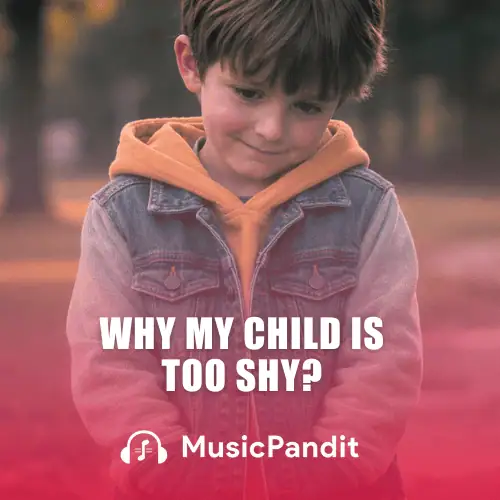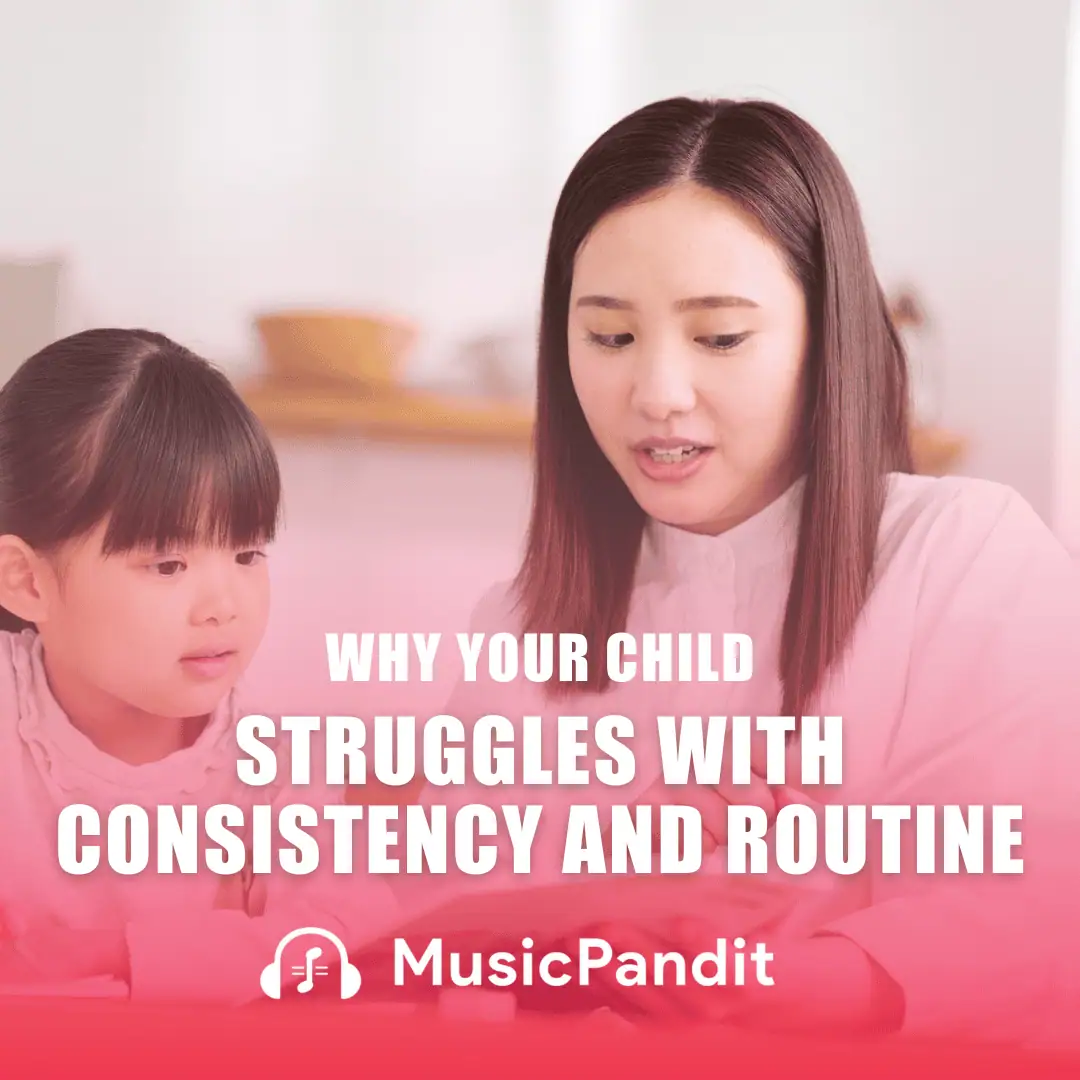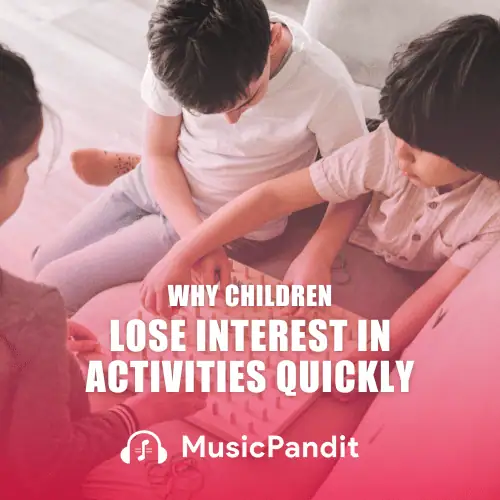Music Therapy uses music as a source of intervention for healing and therapeutic processes. It is used to address the emotional, cognitive, physical, and social needs of individuals. Music Therapy involves singing, creating music, and listening to music. Music is used as a medium to improve a client’s life.

Music therapy is said to improve the heart rate, blood circulation, stimulates the brain, and helps many people with their anxiety.
Types of Music Therapy
There are different types or forms of music therapy:
Receptive Listening Based Method
In receptive listening therapy, the client is asked to listen to pre-recorded music, live music, or music through dance or movement. This can be used with clients of all ages. The listening process focuses on the physical, spiritual, and emotional aspects of music, and how the client responds to the music. Receptive music therapy includes lyric discussion, where the person engages in analyzing a song’s lyrics, music appreciation, as well as listening to music for relaxation purposes.
Active Listening Method
In active listening therapy, clients are involved in some form of music creation. They are actively involved in the process of making music. It can be singing, playing an instrument, rapping, or composing a whole song by themselves. This process can help overcome difficulties and fears. In some cases, it also focuses on helping with physical difficulties. When the client engages themselves to learn an easy instrument, it helps them improve their cognitive and physical abilities.
Working Factors of Music Therapy
Stefan Koelsch (Kölsch), in 2009 said that there are five factors that contribute to the working of music therapy.
1. Attention Modulation – When the client listens to music it immediately grabs their attention and distracts them from any stimuli that can lead to a negative experience such as pain, anxiety, worrying too much. Listening to music acts as a distraction and avoids the increase of negative reactions.
2. Emotion Modulation – Certain kinds of music can help release pent up emotions. Music becomes a medium through which one can express their emotions. Music is known to regulate certain regions of our brain that are involved in modulating emotions.
3. Cognitive Modulation – Music is related to memory processes. It is said to help remember things that might have gone to your subconscious. Many people have said they like listening to music while studying as it helps them remember and retain information easily.
4. Behaviour Modulation – Music therapy helps evoke certain behaviors and enhance them. For people who struggle with motor movements, music sometimes helps with it. It is subjective from person to person, some might respond to music better than others.
5. Communication Modulation – Many consider music to be a medium of communication. Music is a language that many use to communicate their emotions, thought processes, and feelings. In music therapy, musical interaction becomes an important source of language. It allows people to interact in their relationships and gives non-verbal people a medium to communicate their feelings.
Music Therapist
A music therapist is a trained professional who works closely with clients and uses music to understand their emotions, feelings, and behaviors, A music therapist does not teach the client how to play an instrument. The client does not have to be musically inclined or a professional musician to use music therapy. Music therapy is effective with clients who find it difficult to communicate their feelings verbally. It helps with reducing anxiety, self-expression, and depression.
A music therapist uses concepts from various disciplines for their practice. These practices include speech and language therapy, medicine, psychology, and physical therapy. Music helps reduce stress and regulates heartbeat. Music also helps control pain and heal better.
Music therapy covers all aspects of the mind, body, and behavior. It is appropriate for people of all ages. Music helps alter our moods and influences our behavior. Many studies have also shown that music therapy has worked for multiple individuals and groups. It is a great outlet for your feelings and emotions. Start your musical journey today by signing up for music lessons on Music Pandit.














